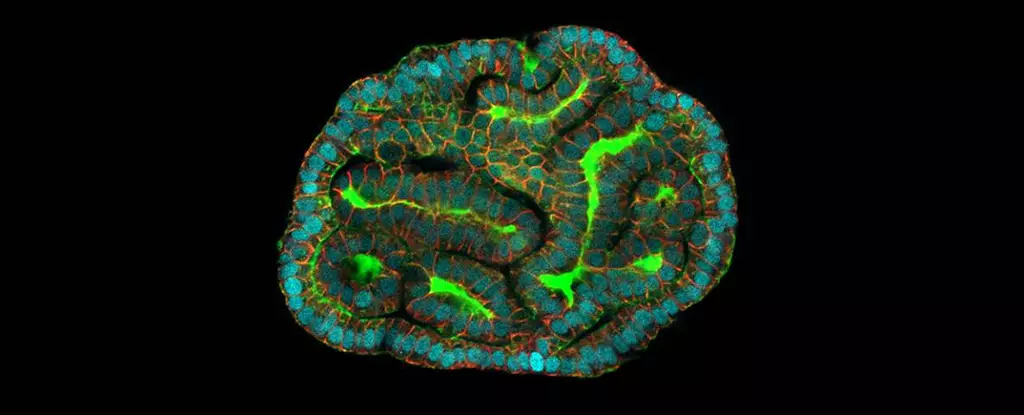In a groundbreaking development, scientists have successfully grown miniature models of human organs using live fetus cells, marking a significant advancement in the realm of prenatal medicine. Although these organoids are not exact replicas of full-grown organs, they closely resemble them enough to provide invaluable insights into human development and potential treatment strategies for congenital malformations during gestation.
Traditionally, organoids have been cultivated from the cells of terminated fetuses or adult stem cells, both of which present ethical and regulatory challenges. However, in a recent study conducted by an international team of researchers, organoids of lungs, kidneys, and intestines were generated from live stem cells found in amniotic fluid – a fluid that surrounds and nourishes the developing fetus. This newfound approach enables scientists to investigate developmental processes and pathologies in the womb, weeks before the baby is born.
One of the key areas of focus in this study was congenital diaphragmatic hernia (CDH), a condition that can lead to respiratory complications in newborns. By analyzing organoids derived from fetuses with and without CDH, researchers were able to identify specific genes associated with the disorder, paving the way for potential therapeutic interventions. This method provides a unique opportunity to assess and potentially treat congenital conditions before they manifest severe consequences, offering hope to families facing prenatal diagnoses.
The ability to create functional organoids from amniotic fluid cells represents a pivotal moment in the field of prenatal medicine. This innovative approach not only enhances our understanding of fetal development but also provides a platform for testing medications targeted at congenital diseases like cystic fibrosis on organoids before administering them to unborn infants. It offers a glimpse into the intricate processes of fetal development that were previously inaccessible, shedding light on previously uncharted territory in late human pregnancy.
While the successful development of fetal organoids marks a significant leap forward in prenatal research, there is still much to be explored and understood in this burgeoning field. The identification of cell types in amniotic fluid and the cultivation of these organoids demonstrate promising progress, but further research is essential to unlock the full potential of this technology. As biologist Mattia Gerli aptly puts it, “We know so little about late human pregnancy, so it’s incredibly exciting to open up new areas of prenatal medicine.” This initial breakthrough paves the way for future investigations into the complexities of fetal development and the early detection and treatment of congenital conditions.


Leave a Reply